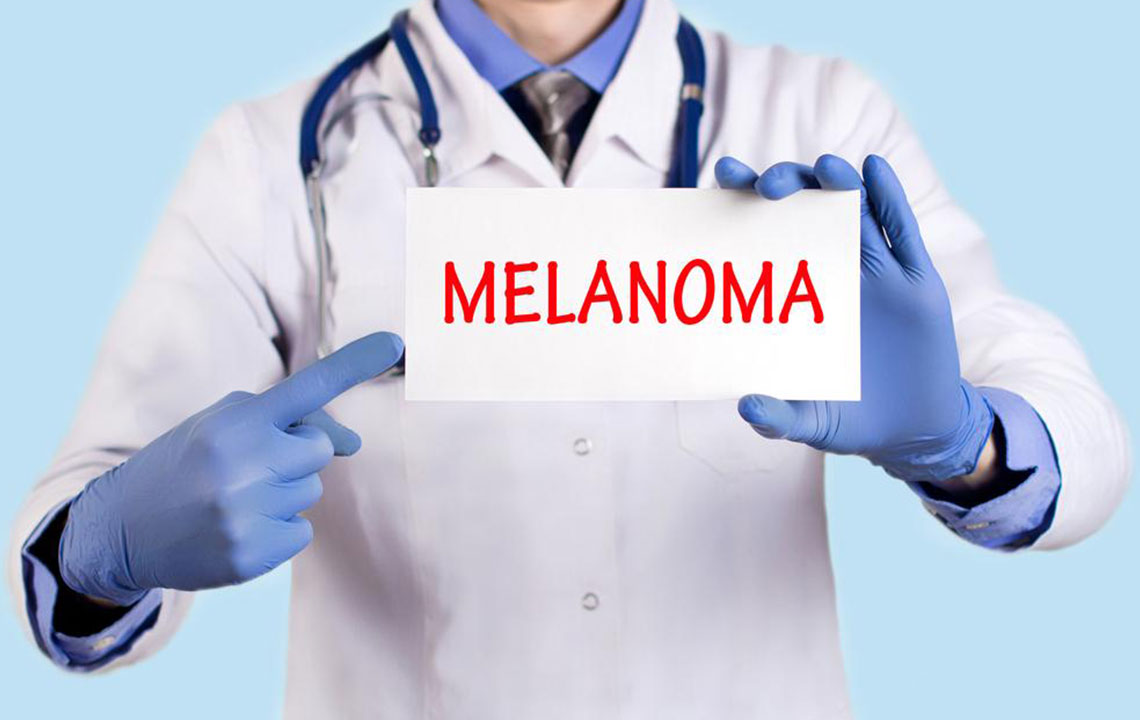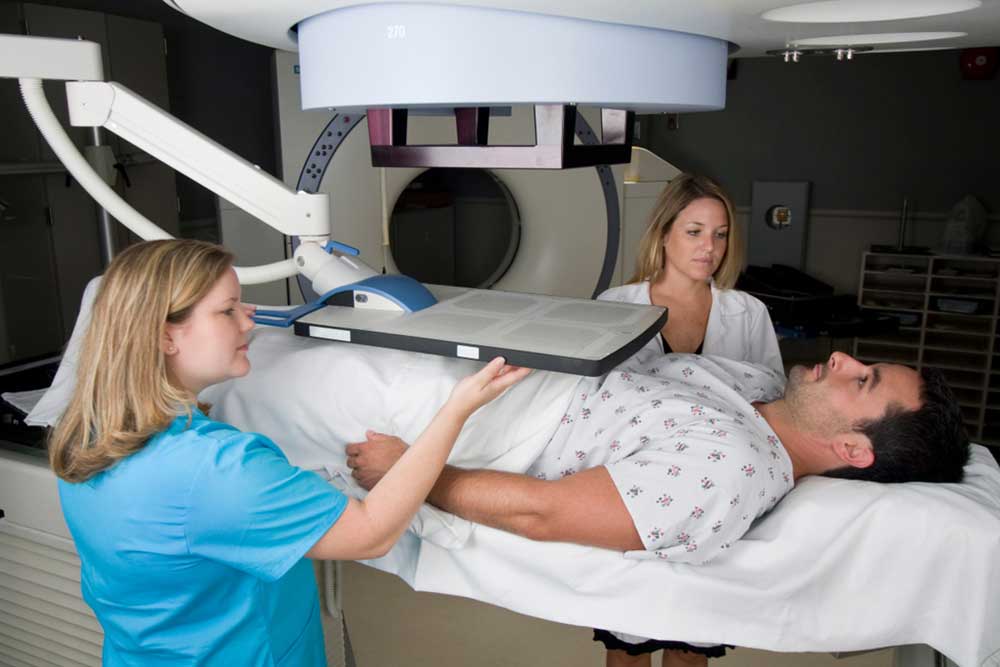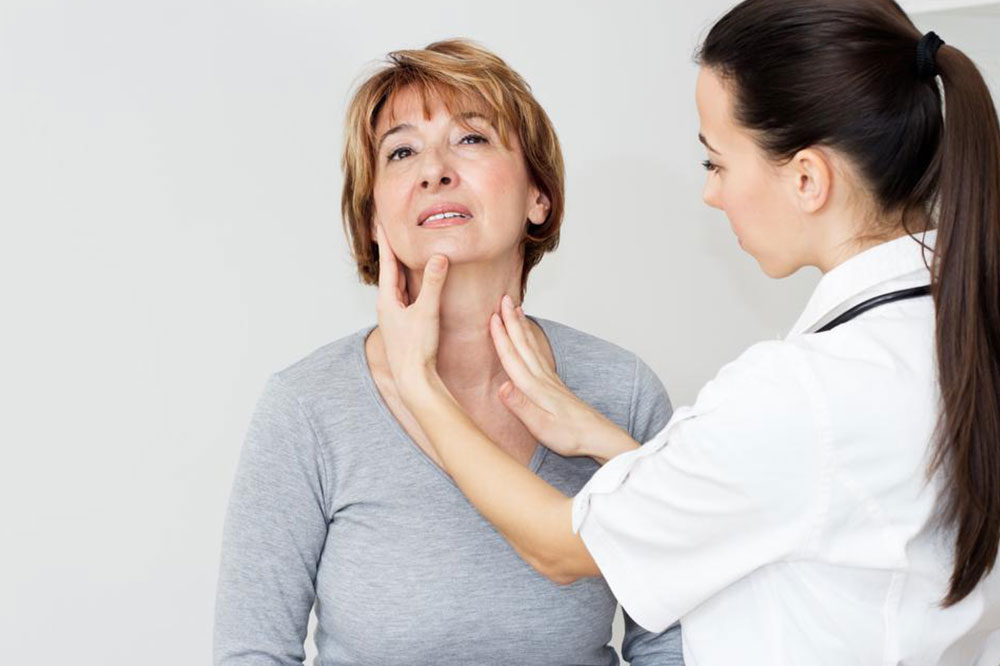Key Factors That Increase the Risk of Esophageal Cancer
This article explores the primary risk factors associated with esophageal cancer, emphasizing the importance of awareness and early detection. Key factors include age, gender, ethnicity, obesity, GERD, chemical exposure, smoking, and alcohol use. Understanding these risks can help in preventive measures and timely diagnosis, potentially saving lives. The content provides valuable insights into how lifestyle, demographics, and environmental exposures influence the likelihood of developing esophageal cancer.

The esophagus is a slender tube that links the mouth to the stomach. Esophageal cancer primarily affects its lining and, as it advances, can spread to surrounding tissues through metastasis. While the exact cause remains unclear, several factors can elevate the likelihood of developing this disease. Here’s a concise overview of these risk factors.
Age
Risk rises with age, especially after 45 or 50, as the body's ability to repair damaged cells diminishes. Older adults are therefore more susceptible.
Gender and Ethnicity
Men are more prone to esophageal cancer than women. Additionally, individuals of African-American descent face higher risks. Monitoring these demographic factors is crucial.
Obesity
Being overweight or obese increases risk, partially due to poor diet and vitamin deficiencies linked to unhealthy eating habits, which may contribute to cancer development.
Gastrointestinal Reflux Disease (GERD)
People with GERD symptoms are vulnerable to damage in the esophageal lining from acid reflux. The reflux of stomach acids can cause inflammation and harm to the tissue.
Chemical Exposure
Exposure to hazardous chemicals at work, especially corrosive substances like lye in industrial cleaners, can damage esophageal cells. Accidental ingestion, particularly in children, heightens this risk.
Smoking and Alcohol Consumption
Regular alcohol intake and tobacco use are significant risk factors. Excessive drinking increases the chance of squamous cell carcinoma, while tobacco products also contribute to risk.
As esophageal cancer progresses, it may cause airway obstruction, pain, and bleeding. Early detection and avoiding these risk factors are vital for prevention.
Important Notice: The information shared on this blog is for educational purposes and should not replace professional medical advice. Always consult healthcare professionals for health-related concerns. The website is not responsible for discrepancies or inaccuracies across different sources. Users should consider other resources for comprehensive health information.










